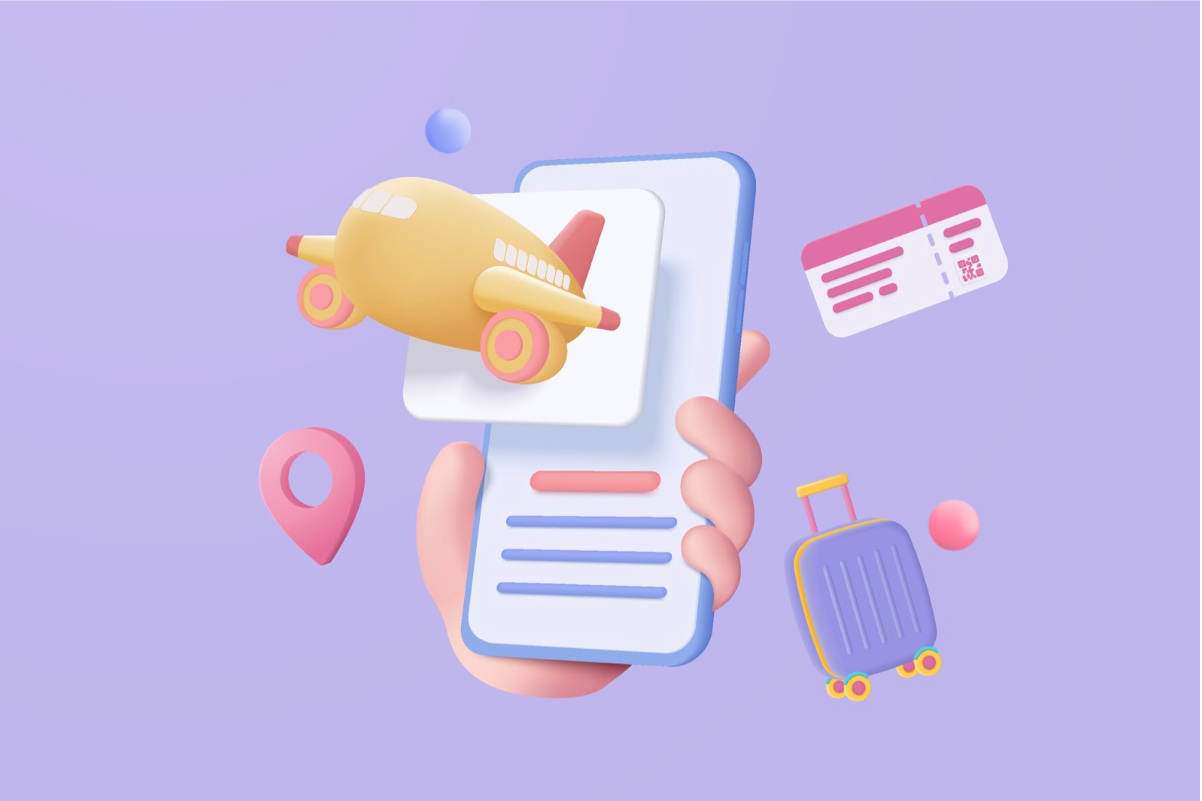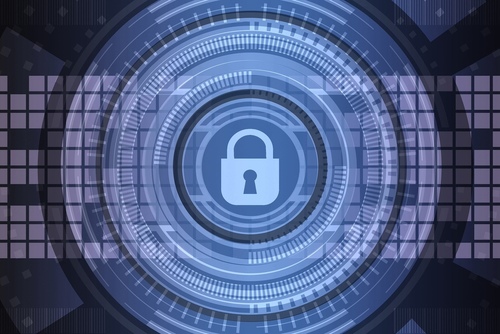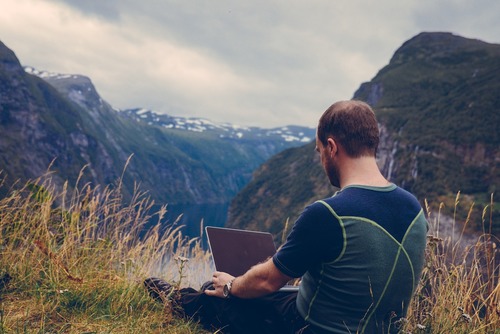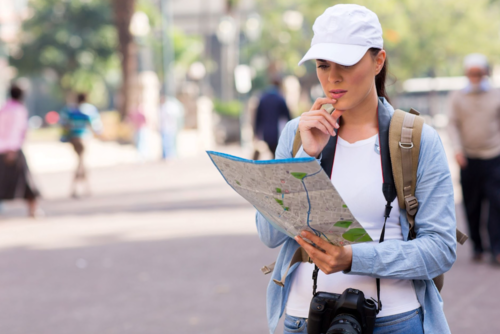Ensuring your Facebook account is secure is crucial to prevent unwanted access and protect your personal information. The experts from Haqerra have compiled a list of tips to help you keep your Facebook account secure and stay safe online while traveling.
The Risks of Using Facebook When Traveling
Using Facebook while traveling can expose you to a variety of risks, such as:
-
Public Wi-Fi networks: When traveling, it's common to use public Wi-Fi networks in hotels, airports, cafes, and other places. These networks can quickly become a gateway for malicious activities like a call log tracker or attempts to hack messenger password online.
-
Lost or stolen devices: Losing your phone or having it stolen can be a nightmare, especially if your Facebook account is logged in. Without proper security measures in place, someone else could gain access to your personal information.
-
Scams and phishing attempts: Travelers are often targeted by scammers and cybercriminals who try to steal their personal information through fake emails or websites. These scams can also lead you to give access to your Facebook account unknowingly.
Additionally, sharing your location details through posts or check-ins can expose you to potential digital and physical threats. Therefore, it is essential to take the necessary measures to secure your Facebook account when traveling.
Tips for Securing Your Facebook Account While Abroad
Here are some simple but effective tips to help you keep your Facebook account secure while traveling:
1. Enable two-factor authentication (2FA)
This security measure adds an additional verification step during the login process. When you enable 2FA on Facebook, you will be asked to enter a unique code or confirm a login attempt from another device whenever you try to access your account.
This code is generally sent to your mobile device via SMS or a dedicated authentication app. The beauty of this system is that even if a hacker manages to get hold of your password, they still will need the second verification step to access your account.
This significantly increases the security of your account and is highly recommended while traveling.
2. Be Cautious With Public Wi-Fi
Public Wi-Fi networks can often be a hotbed for hackers and cybercriminals. These networks are usually unsecured, meaning any data you send or receive could be intercepted. If you need to use public Wi-Fi, consider using a Virtual Private Network (VPN).
A VPN creates a secure, encrypted connection between your device and the internet, effectively hiding your online activities and protecting your data from prying eyes.
3. Monitor Your Account Activity
It's important to keep a close eye on your Facebook account activity, especially when you're traveling. Regularly check your posts, messages, and other account activities for any signs of suspicious behavior.
If you see messages you didn't send, posts you didn't make, or friends you didn't add, it might be a sign that someone has managed to hack into your account. In particular, beware of attempts to hack iPhone messages or other forms of communication.
4. Adjust Your Privacy Settings
Facebook gives you much control over who can see your posts and personal information. Before you leave for your trip, make sure to adjust your privacy settings so that only your friends can see your posts.
You may also want to turn off location services to prevent revealing your whereabouts. This includes the location tags on your posts and the location data that some apps may collect.
5. Be Careful With What You Share
Lastly, always be mindful of what you share on Facebook. Avoid posting sensitive information that could be used against you. This includes details about your current location, travel itinerary, and even photos that may reveal too much information. Remember, the less information you give out, the less potential hackers can use.
Dealing with Hacking Attempts While Traveling
Despite your best efforts, you might still wonder how to unhack Messenger if your account gets compromised. In such cases, it's important to act quickly and take the following steps:
-
Change your password immediately: If you can still access your account, change your password right away. Use a strong, unique password that you haven't used before.
-
Report the incident to Facebook: You can report a hacked account by going to the Help Center section on Facebook. They will guide you through the process of securing your account and recovering any lost data.
-
Remove suspicious activity from your account: Delete any posts, messages, or friends that you didn't make. This will help prevent further damage to your account and reputation.
-
Inform your contacts: Let your friends and family know that your account was compromised, and ignore any suspicious messages or posts from your account.
By following these tips and being cautious while using Facebook, you can minimize the risks of having your account hacked while traveling. Remember, it's always better to take preventative measures rather than deal with the consequences afterward.
Final Words
Keeping your Facebook account secure while traveling can be a manageable task. By understanding the risks and taking proactive steps, you can enjoy your trip without worrying about your digital security. Always remember: prevention is better than cure when it comes to online safety. Happy travels!








